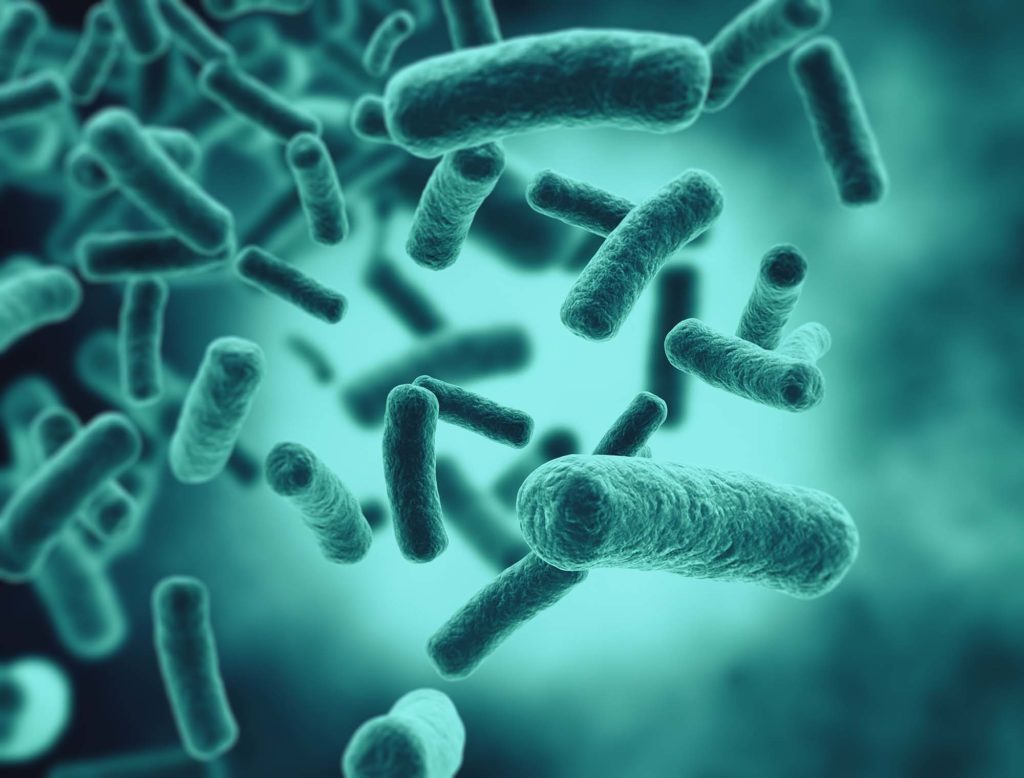

Darren Tremaine

Darren Tremaine
Desulfovibrio piger Overgrowth and Hydrogen Sulfide SIBO in Gut Health
Desulfovibrio piger, a bacterium dwelling in the depths of the human gut, has recently taken centre stage in discussions about gastrointestinal health. So let’s delves into the mechanisms through which Desulfovibrio piger can cause Hydrogen Sulfide Small Intestinal Bacterial Overgrowth (HS SIBO), exploring the symptoms it triggers, such as chronic diarrhoea, flatulence with a pungent odour, and even certain skin rashes, and what Desulfovibrio piger natural treatments are available. With testing for HS SIBO still in its early stages, we’ll also discuss the importance of microbiome testing and a low sulfur diet as potential solutions.
Understanding Desulfovibrio piger and HS SIBO
Desulfovibrio piger, a sulfate-reducing bacterium (SRB), can be found in the human gut in minor amounts, playing a role in normal gut microbial balance. However, when conditions become favourable for it, it can become overgrown, resulting in HS SIBO or excessive hydrogen sulphide production within the gut.
The bacterium’s ability to metabolise sulfur-containing compounds can give rise to excessive hydrogen sulfide gas, causing a range of symptoms. This bacteria gobbles up sulphur found in food, supplements, etc. and when doing so gives off hydrogen sulphide as a by-product. Small levels of this bacteria do not cause significant issues. However, large amounts can cause significant symptoms.
Symptoms of HS SIBO
Hydrogen Sulfide SIBO and Desulfovibrio piger can cause a wide variety of symtpoms, however these are some of the more common we see in a clinical setting
1. Chronic Diarrhoea:
Desulfovibrio piger’s presence in the small intestine can disrupt normal digestive processes, leading to chronic diarrhoea. The overproduction of hydrogen sulfide contributes to inflammation and irritation of the gut lining, resulting in frequent bowel movements.
2. Flatulence with Foul Odour
Hydrogen sulfide is notorious for its unpleasant odour, often described as resembling rotten eggs. When present in excess due to Desulfovibrio piger overgrowth, flatulence can become malodorous, creating discomfort and embarrassment. This symptom doesn’t happen in all individuals though.
3. Bloating & Abdominal Pain
HS SIBO can cause abdominal pain & bloating and some individuals experience stool urgency also. The excessive gas production can cause discomfort and pain when experienced.
4. Skin Rashes
In some cases, HS SIBO may manifest beyond the digestive system, causing skin issues such as rashes. The exact mechanism behind this manifestation is not fully understood but is believed to be linked to the systemic effects of hydrogen sulfide on the body. I have seen this numerous times in my clinic and skin issues improve with Desulfovibrio piger treatment.
Book an Appointment with our Specialised Naturopath
Online and phone appointments available Australia wide

Testing for HS SIBO and Desulfovibrio piger Overgrowth
Currently, testing specifically for hydrogen sulfide SIBO is not widely available. However, a comprehensive microbiome test can detect the presence of Desulfovibrio piger and other hydrogen sulfide-producing bacteria, such as Fusobacterium. This type of testing provides valuable insights into the composition of the gut microbiota, aiding in the identification of potential overgrowth issues.
Managing HS SIBO and Desulfovibrio piger Overgrowth
In the absence of direct testing, individuals experiencing symptoms suggestive of HS SIBO or Desulfovibrio piger overgrowth can consider a low sulfur diet. This involves minimising the intake of sulfur-containing foods, as these may exacerbate symptoms. Common dietary sources of sulfur include cruciferous vegetables, garlic, onions, and dairy products.
Desulfovibrio Piger Natural Treatment
Desulfovibrio piger treatment currently does not have an abundance of evidence. Herbal or natural treatment of Desulfovibrio has been observed and sustained positive results with a combination of herbal medicines with broad acting antimicrobial properties. Herbal medicine combinations observed include: oregano oil, allicin, Chinese wormwood, black walnut hull, berberine, pau d’arco, clove oil, and thyme oil.
These have shown empirical evidence to support their use in Desulfovibrio overgrowth in the gut.
Other Things to Known about Desulfovibrio Treatment
Sulfur metabolism
Desulfovibrio is in it’s fairly early days of research in it’s role in human disease. There are theories around issues in individuals with sulphur metabolism issues (genetic) and this leading to overgrowth of Desulfovibrio piger or Fusobacterium species. The theory involves a genetic issue such as SUOX gene mutation, which can cause improper sulphur metabolism. Desulfovibrio is thought to then overgrow as a result of this improper sulfur metabolism.
The nutrient Molybdenum can help improve sulfur metabolism and therefore, in theory, reduce Desulfovibro excess hydrogen sulphide production.
Desulfovibrio piger’s role in the development of Hydrogen Sulfide SIBO sheds light on the intricate relationship between gut bacteria and digestive health. While testing for HS SIBO is not yet commonplace, a proactive approach involving microbiome testing and dietary adjustments can offer relief for those grappling with chronic diarrhoea, foul-smelling flatulence, and other unexplained symptoms. As research progresses, a deeper understanding of these dynamics will undoubtedly pave the way for more targeted interventions and improved digestive wellness.
Book an Appointment
Lets get on top of your health issues once and for all!

Location
2/773 Marion Rd, Ascot Park 5043 SA, Australia
Call
0422 544 312
Email Us
admin@adelaidenaturopathic.com.au
